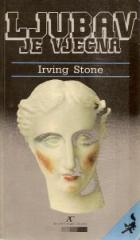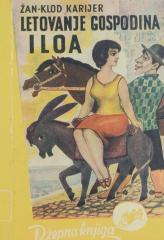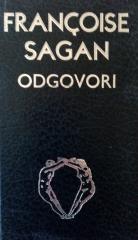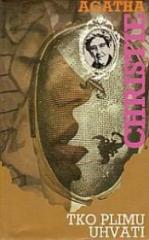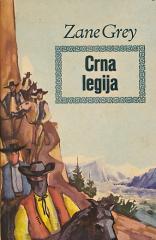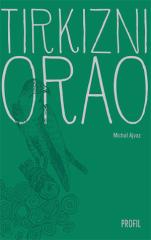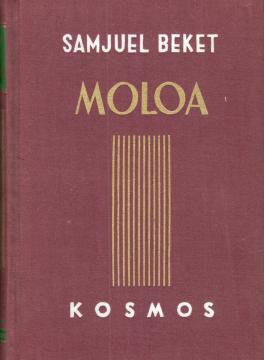
Moloa
The novel Molloy (1951) is the first part of Beckett's famous trilogy, along with Malone Dies and The Nameless. It is structured in two parts, each told from the perspective of a different narrator: first Molloy, then Jacques Moran.
In the first part, Molloy, old and physically frail, writes from his mother's room, with no memory of how he got there. He recalls a journey in search of his mother, during which he meets various characters and gets into absurd situations. His daily life is marked by bizarre habits, such as the ritualistic movement of pebbles in his pockets, which symbolizes his need for order in a chaotic world.
The second part follows Moran, a detective sent by his superior Gaber to find Molloy. Moran, initially organized and disciplined, gradually loses control of himself and his mission. His journey becomes introspective, and his transformation reflects the fundamental themes of the novel: the loss of identity and the meaninglessness of the human search for meaning.
Through Molloy, Beckett explores existential themes such as identity, memory, and the absurdity of existence. The novel is known for its experimental style, long monologues, and fragmented narration, which further emphasizes the sense of disorientation and meaninglessness.
Molloy is a key text of modernist literature and a significant contribution to the philosophy of existentialism, inviting the reader to reflect on the nature of existence and identity.
One copy is available
